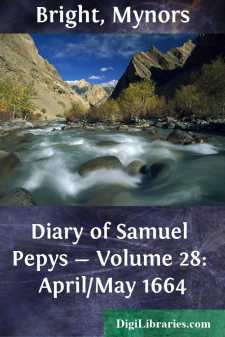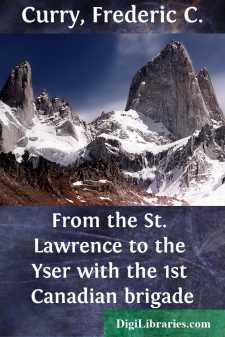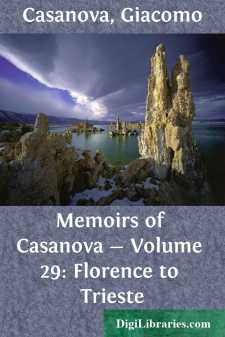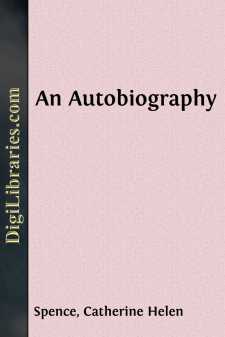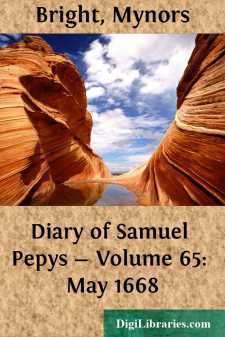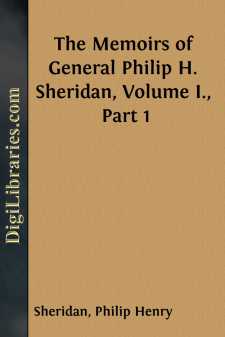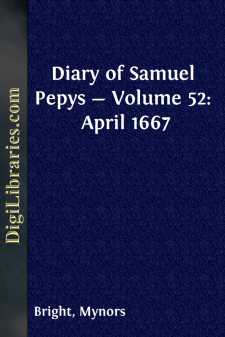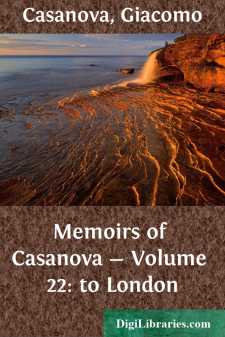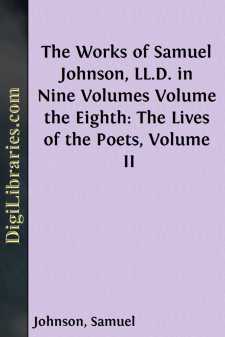Biography & Autobiography
- Adventurers & Explorers 15
- Artists, Architects, Photographers 16
- Business 2
- Composers & Musicians 14
- Criminals & Outlaws 5
- Editors, Journalists, Publishers 6
- Educators 1
- Entertainment & Performing Arts 3
- General 73
- Health, Exercise & Fitness 1
- Historians 3
- Historical 83
- Law Enforcement 1
- Lawyers & Judges 3
- Literary 147
- Medical 7
- Military 48
- Naturalists, Gardeners, Environmentalists 8
- Personal Memoirs & Diaries 226
- Philosophers 3
- Political 9
- Presidents & Heads of State 38
- Religious 38
- Rich & Famous 27
- Scientists 13
- Women 31
Biography & Autobiography Books
Sort by:
by:
Mynors Bright
April 1st. Up and to my office, where busy till noon, and then to the 'Change, where I found all the merchants concerned with the presenting their complaints to the Committee of Parliament appointed to receive them this afternoon against the Dutch. So home to dinner, and thence by coach, setting my wife down at the New Exchange, I to White Hall; and coming too soon for the Tangier Committee walked...
more...
ANTE-BELLUM Before the war the Canadian Militia consisted of about 75,000 of all ranks and all grades of efficiency. To a neutral eye it must have appeared to be in a highly disorganised condition, for battalions and corps had sprung up here and there throughout the country with no proportion existing between them and the other arms of the service. And yet within a short two months after the outbreak...
more...
by:
Giacomo Casanova
Without speaking at any length I asked the young grand duke to give me an asylum in his dominions for as long as I might care to stay. I anticipated any questions he might have asked by telling him the reasons which had made me an exile from my native land. "As to my necessities," I added, "I shall ask for help of no one; I have sufficient funds to ensure my independence. I think of...
more...
CHAPTER I. Sitting down at the age of eighty-four to give an account of my life, I feel that it connects itself naturally with the growth and development of the province of South Australia, to which I came with my family in the year 1839, before it was quite three years old. But there is much truth in Wordsworth's line, "the child is father of the man," and no less is the mother of the...
more...
by:
Mynors Bright
DIARY OF SAMUEL PEPYS. MAY 1668 May 1st, 1668. Up, and to the office, where all the morning busy. Then to Westminster Hall, and there met Sir W. Pen, who labours to have his answer to his impeachment, and sent down from the Lords' House, read by the House of Commons; but they are so busy on other matters, that he cannot, and thereby will, as he believes, by design, be prevented from going to sea...
more...
ANCESTRY—BIRTH—EARLY EDUCATION—A CLERK IN A GROCERY STORE—APPOINTMENT—MONROE SHOES—JOURNEY TO WEST POINT—HAZING—A FISTICUFF BATTLE—SUSPENDED—RETURNS TO CLERKSHIP—GRADUATION. My parents, John and Mary Sheridan, came to America in 1830, having been induced by the representations of my father's uncle, Thomas Gainor, then living in Albany, N. Y., to try their fortunes in the New...
more...
It would appear that for inquirers into Foreign Literature, for all men anxious to see and understand the European world as it lies around them, a great problem is presented in this Goethe; a singular, highly significant phenomenon, and now also means more or less complete for ascertaining its significance. A man of wonderful, nay, unexampled reputation and intellectual influence among forty millions...
more...
by:
Mynors Bright
DIARY OF SAMUEL PEPYS. APRIL 1667 April 1st. Up, and with Sir J. Minnes in his coach, set him down at the Treasurer's Office in Broad-streete, and I in his coach to White Hall, and there had the good fortune to walk with Sir W. Coventry into the garden, and there read our melancholy letter to the Duke of York, which he likes. And so to talk: and he flatly owns that we must have a peace, for we...
more...
by:
Giacomo Casanova
I Meet the Venetian Ambassadors at Lyons, and also Marcoline's Uncle—IPart from Marcoline and Set Out for Paris—An Amorous Journey Thus freed from the cares which the dreadful slanders of Possano had caused me, I gave myself up to the enjoyment of my fair Venetian, doing all in my power to increase her happiness, as if I had had a premonition that we should soon be separated from one another....
more...
by:
Samuel Johnson
PRIOR. Matthew Prior is one of those that have burst out from an obscure original to great eminence. He was born July 21, 1664, according to some, at Winburn, in Dorsetshire, of I know not what parents; others say, that he was the son of a joiner of London: he was, perhaps, willing enough to leave his birth unsettled, in hope, like Don Quixote, that the historian of his actions might find him some...
more...


